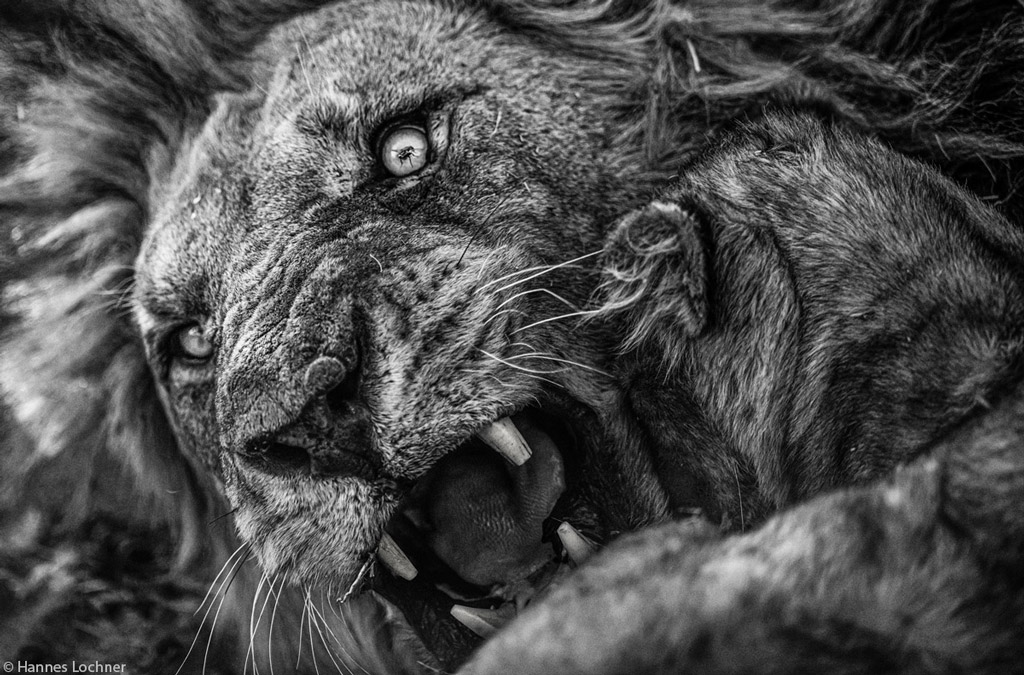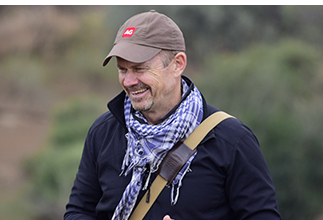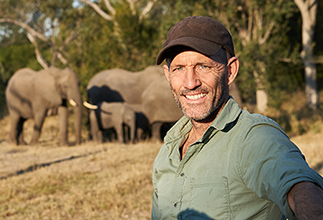
CEO NOTE: 02 July 2021
This is a copy of our weekly email newsletter. Subscribe here to receive the newsletter.

After the helter-skelter and deadlines of our Photographer of the Year season, it’s great to again focus on unearthing fascinating topics and digging deeper into important issues that plague us all.
Importantly, the African safari industry is still reeling from the impact of Covid – not only in terms of the third wave of infections but also financially. Many tourism-related businesses have gone under, and the unemployment rate has skyrocketed. Here in South Africa, the brief respite afforded to lodges by highly discounted offerings to local travellers was dealt a hefty blow when our government enforced a third-wave shut down of leisure travel in and out of Gauteng – our economic powerhouse. Lodges in the Greater Kruger area (and others) relied on Gauteng travellers to at least fund basic overheads such as some salaries – but for now that door has been slammed shut. Again. As a result, those lodge owners, staff members and suppliers that were not already DIGGING DEEP are most certainly now doing so.
That said, this is a resilient industry and we will bounce back. That’s the thing about industries driven by PASSION – the bottom line is only one metric that we apply to measure success.
Here at AG we were as badly affected as the rest – with a 100% revenue reduction at the time that Covid lockdown was enforced. We have seen a gradual recovery from ground zero, with our loyal safari clients now planning for 2022 and the more intrepid taking advantage of huge discounts to travel this year. Thanks to all of you for your support and for helping refloat the African safari industry.
We have taken this opportunity to reflect and reboot ourselves – expect THE BIG REVEAL in about a month. Till then, please enjoy our stories and consider planning your next safari with us. Safari njema!
Keep the passion

Simon Espley – CEO, Africa Geographic
From our Editor-in-Chief

The wilderness is a great tonic to mind, body and spirit. If you are stuck at home, unable to travel because it’s too dangerous or you are stricken with this awful plague, then this week’s stories will draw you away to the profound healing of the wild.
In our first story below, we take a look at travelling in Africa during September, October and November. There’s heat, dust and action in the south, magic in the Horn of Africa and the Indian Ocean is gorgeously inviting.
In 2006, Al Gore made Kilimanjaro’s receding glaciers one of the rallying points for the climate crisis. Well-intentioned this may have been but science it was not as our second story below explains.
Otters are some of the most adored of all wild animals. Yes, they smell like rotting fish innards much of the time but they’re cute, affectionate and clever. In our third story below, we take a look at the four delightful otters that ply their trade in the waterways of Africa.

Story 1
https://travel.africageographic.com/when-to-go-on-safari
SAFARI TIPS
When is the best safari season in Africa? Learn the best places to go on safari in Africa
Story 2
https://africageographic.com/stories/how-the-kilimanjaro-glaciers-left-truth-in-the-cold/
RETREATING KILI ICE
Kilimanjaro’s disappearing glaciers have been a symbol of climate change for more than than 15 years. Science says it’s much more complicated
Story 3
https://africageographic.com/stories/otters-of-africa/
OTTERS
There are four species of otter in Africa – all of them intelligent, playful, fascinating predators
![]() DID YOU KNOW: An elephant’s personality may play an important role in how well that elephant can solve novel problems
DID YOU KNOW: An elephant’s personality may play an important role in how well that elephant can solve novel problems
To comment on this story: Login (or sign up) to our app here - it's a troll-free safe place 🙂.![]()






